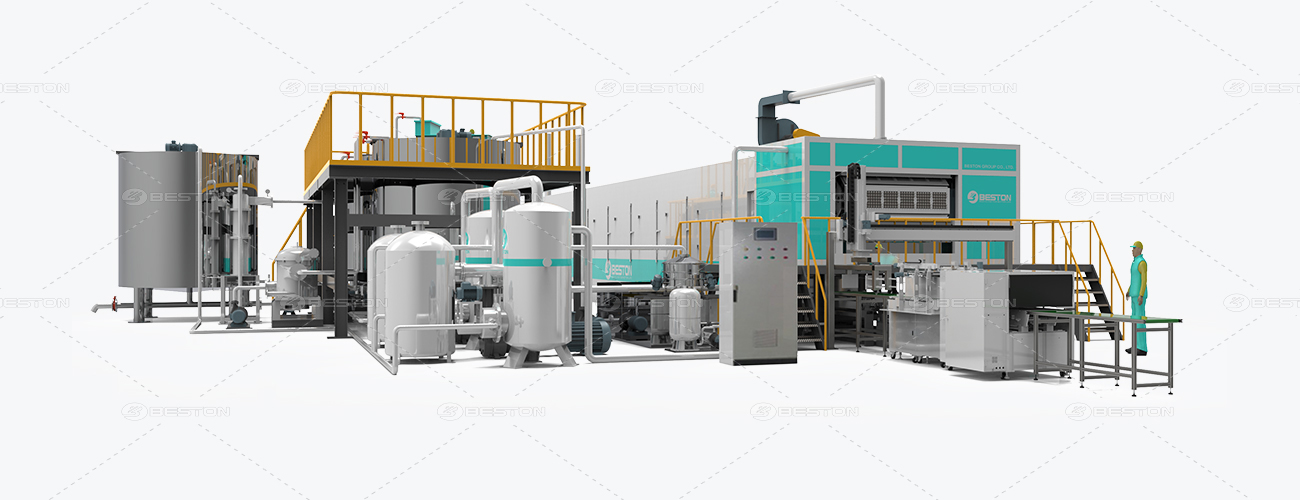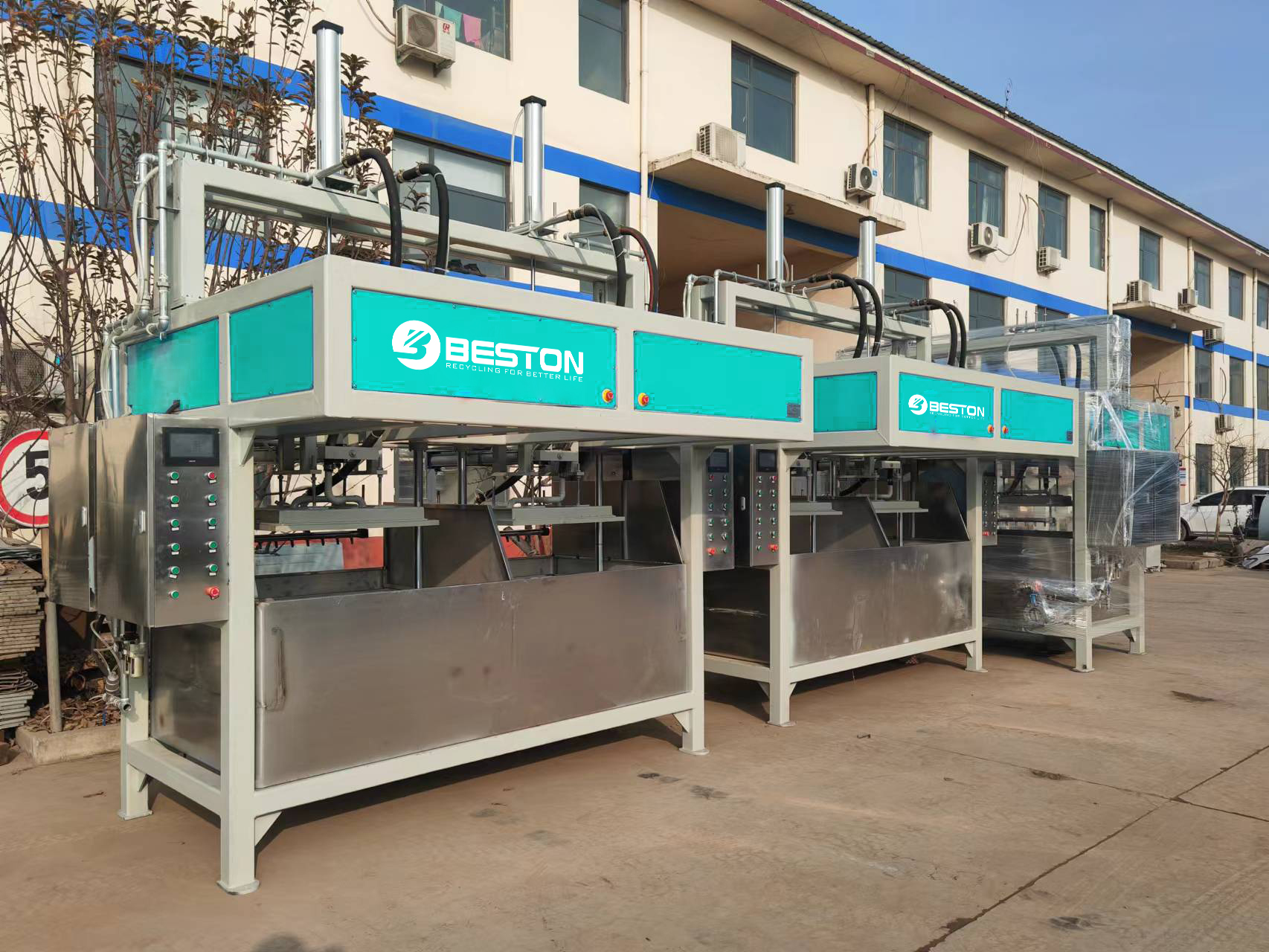The shift toward sustainable packaging has accelerated in recent years, prompting businesses to seek alternatives to plastic-based materials. Pulp molding technology has emerged as a viable solution, offering a balance between environmental responsibility and cost-effectiveness. Companies across various industries are increasingly adopting these machines to produce biodegradable packaging solutions, reducing reliance on non-renewable resources while meeting evolving regulatory standards.
The Growing Demand for Sustainable Packaging
Governments and consumers alike are pushing for environmentally friendly alternatives to conventional packaging. Stricter regulations on single-use plastics and increased awareness of ecological impacts have made pulp-based packaging a preferred choice. Unlike plastic, molded fiber products decompose naturally and can be recycled efficiently, minimizing landfill waste and pollution.
A paper moulding machine enables manufacturers to produce high-strength, biodegradable trays, containers, and protective packaging using waste paper and water. This process significantly lowers the carbon footprint while maintaining durability and functionality comparable to plastic packaging.
Cost Considerations in Transitioning to Pulp Molding Technology
While the initial investment in equipment may be a concern, a detailed cost-benefit analysis reveals long-term financial advantages. The industrial packaging machine price depends on factors such as automation level, production capacity, and drying system configuration. Fully automated machines require higher upfront capital but offer lower labor costs and higher efficiency, making them ideal for large-scale operations.
Energy consumption is another critical consideration. Modern pulp molding machines integrate energy-efficient drying systems, optimizing heat distribution and reducing operational costs. Additionally, businesses benefit from lower raw material expenses, as waste paper is widely available at a lower cost than plastic resin.
Versatility and Customization in Packaging Solutions
One of the key advantages of adopting pulp molding technology is its versatility. These machines can manufacture a wide range of packaging products, catering to industries such as food service, electronics, and agriculture.
- Egg trays and cartons – Many businesses rely on egg tray making machine suppliers to produce durable, shock-absorbing packaging for poultry farms and supermarkets.
- Industrial protective packaging – Custom-molded fiber packaging is increasingly used in electronics and automotive industries to replace plastic foam cushioning.
- Food-grade containers – Biodegradable takeout boxes and cup carriers made from molded pulp are gaining popularity in the food and beverage sector.
The adaptability of egg carton box making machine technology allows manufacturers to modify mold designs easily, accommodating diverse product specifications without extensive retooling. This flexibility enhances production efficiency while meeting various industry requirements.
Regulatory Compliance and Brand Image Enhancement
Compliance with environmental regulations is a driving force behind the transition to pulp-based packaging. Many regions have imposed restrictions on plastic packaging, incentivizing businesses to switch to sustainable materials. Adopting molded fiber packaging not only ensures regulatory compliance but also strengthens a brand’s commitment to corporate social responsibility.
Consumers are increasingly choosing eco-conscious brands, and businesses that integrate biodegradable packaging gain a competitive advantage. By investing in egg carton box making machine, manufacturers position themselves as leaders in sustainability while catering to market demands for greener packaging alternatives.
Conclusion
The adoption of pulp molding technology is a strategic move for businesses looking to align with sustainability goals while optimizing production efficiency. Despite the upfront investment, the long-term benefits—cost savings, environmental compliance, and enhanced brand perception—make this transition a worthwhile decision. With increasing demand for biodegradable packaging, companies leveraging paper moulding machine technology are set to lead the next generation of eco-friendly packaging solutions.

